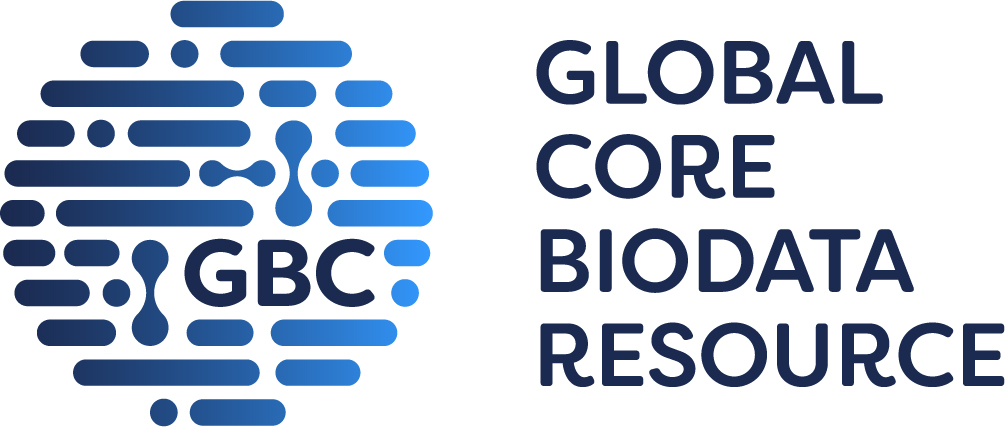
GtoPdb is requesting financial support from commercial users. Please see our sustainability page for more information.
ABCB subfamily C
Unless otherwise stated all data on this page refer to the human proteins. Gene information is provided for human (Hs), mouse (Mm) and rat (Rn).
Overview
The ABCB subfamily is composed of four full transporters and two half transporters. This is the only human subfamily to have both half and full types of transporters. ABCB1 was discovered as a protein overexpressed in certain drug resistant tumor cells. It is expressed primarily in the blood brain barrier and liver and is thought to be involved in protecting cells from toxins. Cells that overexpress this protein exhibit multi-drug resistance [1,5].
Transporters
778|
MDR1, PGP1 (ABCB1)
C
Show summary »
More detailed page |
|||||||||||||||||||
|
TAP1 (ABCB2) C Show summary » |
|||||||||||||||||||
|
TAP2 (ABCB3)
C
Show summary »
More detailed page |
|||||||||||||||||||
|
PGY3 (ABCB4) C Show summary » |
|||||||||||||||||||
|
ABCB5 C Show summary » |
|||||||||||||||||||
|
MTABC3 (ABCB6) C Show summary » |
|||||||||||||||||||
|
ABC7 (ABCB7) C Show summary » |
|||||||||||||||||||
|
MABC1 (ABCB8) C Show summary » |
|||||||||||||||||||
|
TAPL (ABCB9) C Show summary » |
|||||||||||||||||||
|
MTABC2 (ABCB10) C Show summary » |
|||||||||||||||||||
|
ABC16 (ABCB11) C Show summary »
|
How to cite this family page
Database page citation (select format):
Concise Guide to PHARMACOLOGY citation:
Alexander SPH, Fabbro D, Kelly E, Mathie AA, Peters JA, Veale EL, Armstrong JF, Faccenda E, Harding SD, Davies JA et al. (2023) The Concise Guide to PHARMACOLOGY 2023/24: Transporters. Br J Pharmacol. 180 Suppl 2:S374-469.








